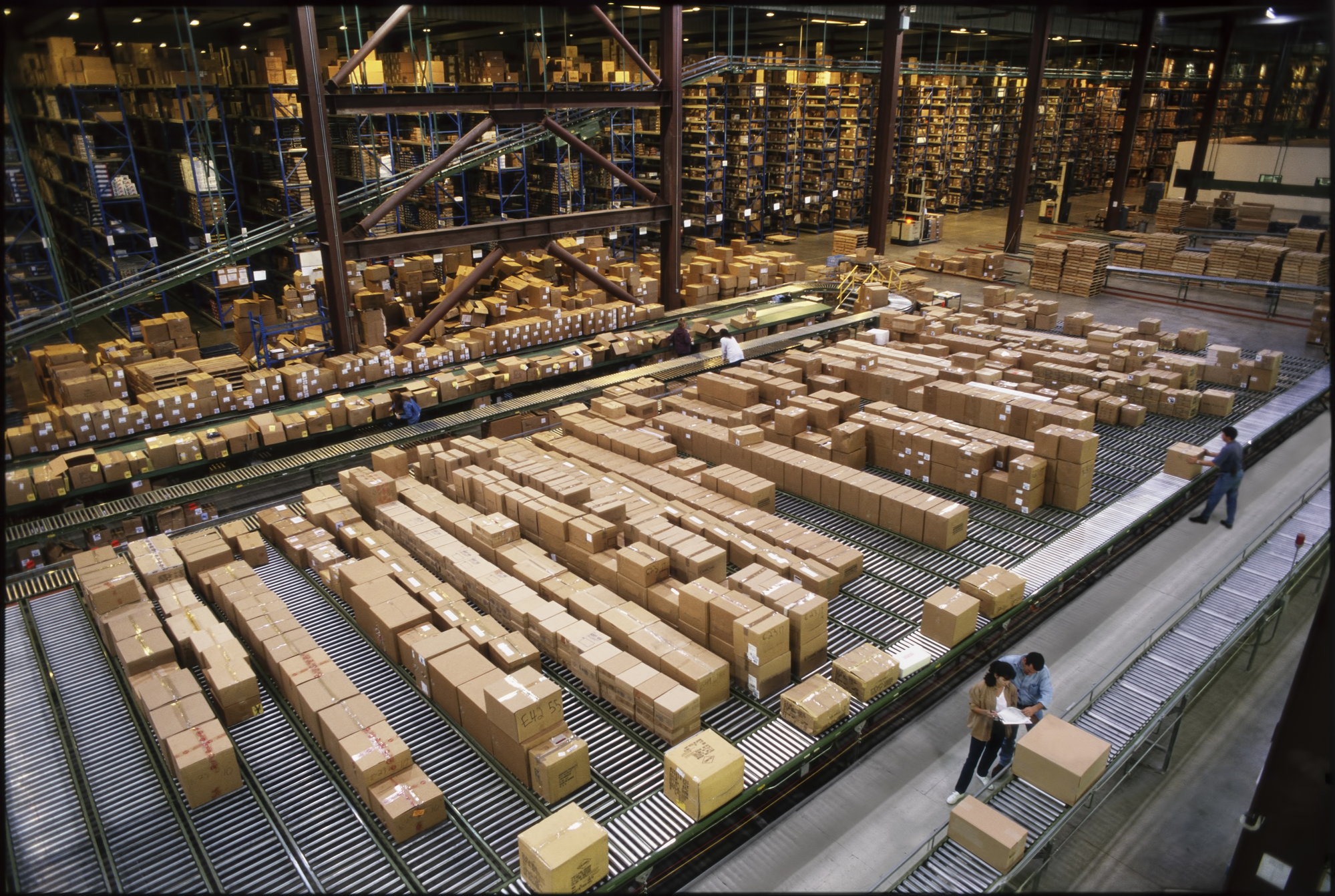Nvidia CEO Jensen Huang says the company plans to spend hundreds of billions of dollars on U.S.-made electronics over the next four years, as part of a major shift to bring more chip manufacturing back to the United States.
“Overall, we will procure, over the course of the next four years, probably half a trillion dollars worth of electronics in total,” Huang told the Financial Times. “And I think we can easily see ourselves manufacturing several hundred billion of it here in the U.S.”
Speaking at Nvidia’s GTC event in San Jose, Huang said the company’s growing focus on U.S. production is possible thanks to key suppliers like Taiwan Semiconductor Manufacturing Company (TSMC) and Foxconn. He also pointed to the Trump administration’s push for more domestic manufacturing.
“Having the support of an administration that cares about the success of this industry and not allowing energy to be an obstacle is a phenomenal result for AI in the U.S.,” Huang said.
TSMC recently announced a $100 billion investment in a chip plant in Arizona, which President Trump said will create tens of thousands of jobs and boost America’s position in artificial intelligence. The new investment brings TSMC’s total commitment to U.S. production to $165 billion.
“TSMC investing in the U.S. provides for a substantial step up in our supply chain resilience,” Huang told the FT.
Other tech giants, including Apple, Meta, Google, Microsoft, and Amazon, are building new data centers to support AI development. Meta recently announced a $65 billion investment in AI infrastructure, while Trump unveiled a $100 billion project called Stargate, a joint venture between OpenAI, SoftBank, and Oracle.
Nvidia, which makes the chips powering many of these AI systems, holds a dominant share of the GPU market, between 70% and 95%. Huang said the need for more computing power is exploding as AI becomes more advanced.
“The amount of computation we need at this point as a result of agentic AI, as a result of reasoning, is easily 100 times more than we thought we needed this time last year,” Huang said.




